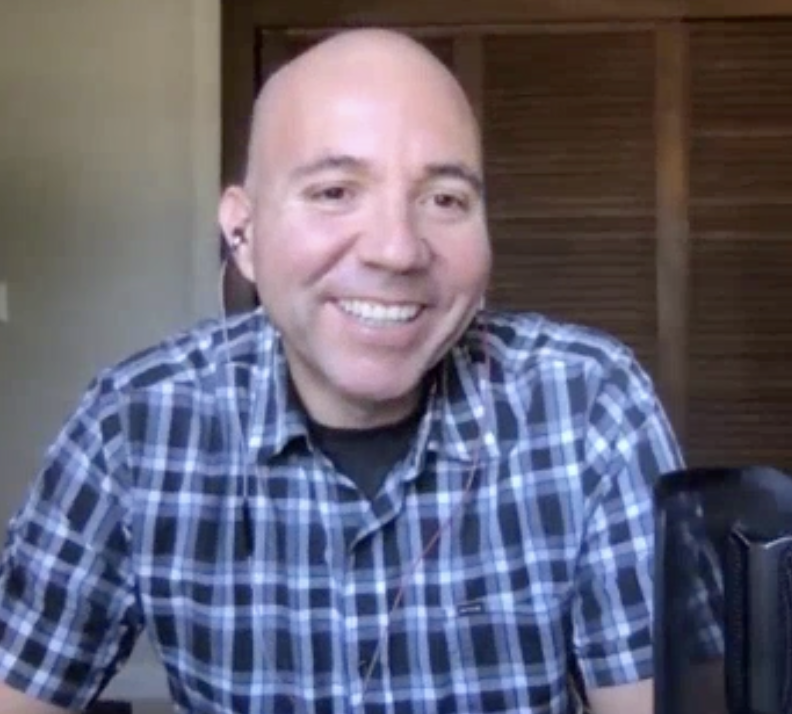Exploring the Epistle to the Philippians w/ Dr. Jeannine Brown
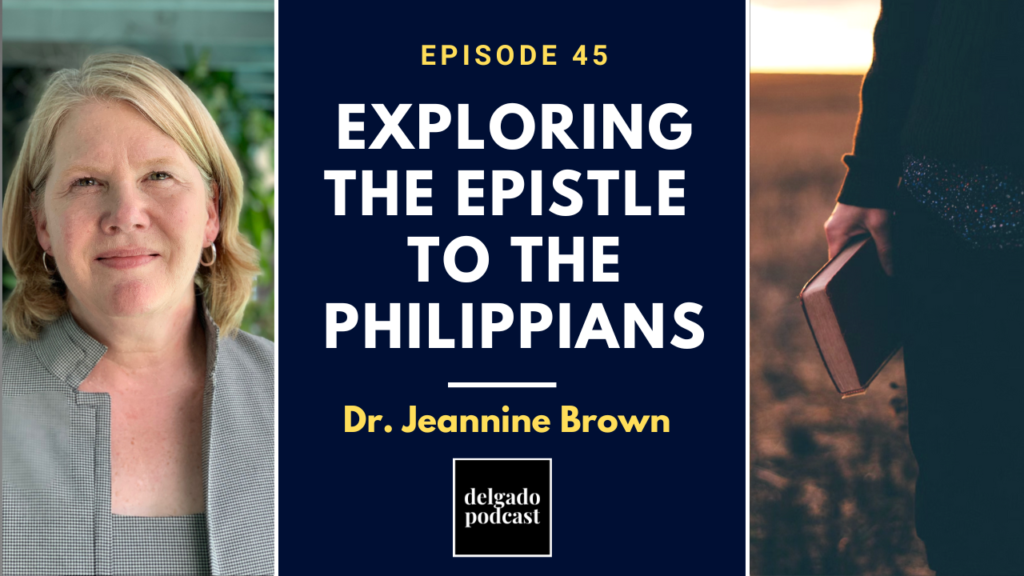
In this week’s podcast, we learn from Dr. Jeannine Brown about her latest commentary on Philippians, which is part of the Tyndale New Testament Commentary series by InterVarsity Press. Her thoughtful commentary provides key insights into the background, content, and structure of Paul’s letter to the Philippian believers.
You can get this episode on iTunes, Spotify, Google Podcasts, Stitcher or YouTube. You can also listen to the full podcast episode here.
In this episode, Dr. Brown talks with us about:
• Process for writing an academic commentary on Philippians
• How to choose commentaries and Bible study tools
• On choosing themes to study in Philippians
• Key themes in Paul’s Epistle to the Philippians
• How Paul reframe’s his prison situation (from suffering to joy)
• Paul’s gratitude for the Philippians
• Paul’s poetry in The Christ’s Hymn (Philippians 2:6-11)
• Who is Paul?
• Paul’s Loss and Gain (Philippians 3:4-11)
• Righteousness by faithfulness of Christ vs. faith in Christ
• The importance of studying scripture that you’ve already studied
Dr. Jeannine K. Brown is Professor of New Testament at Bethel Seminary in San Diego, California, USA. Her books include Scripture as Communication, The Gospels as Stories and Biblical commentaries on the Gospel of Matthew. She is also the co-editor of the second edition of the Dictionary of Jesus and the Gospels.
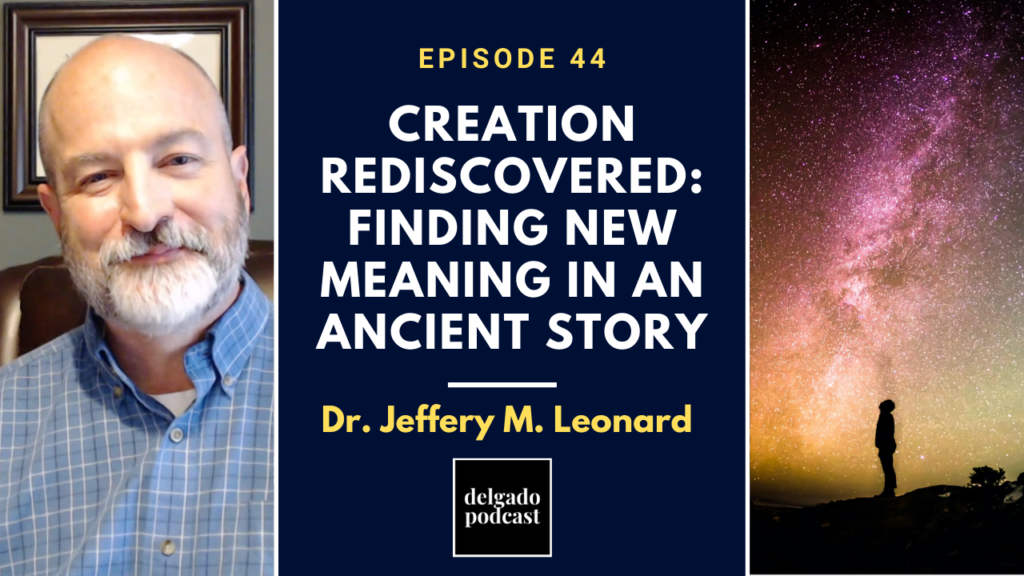
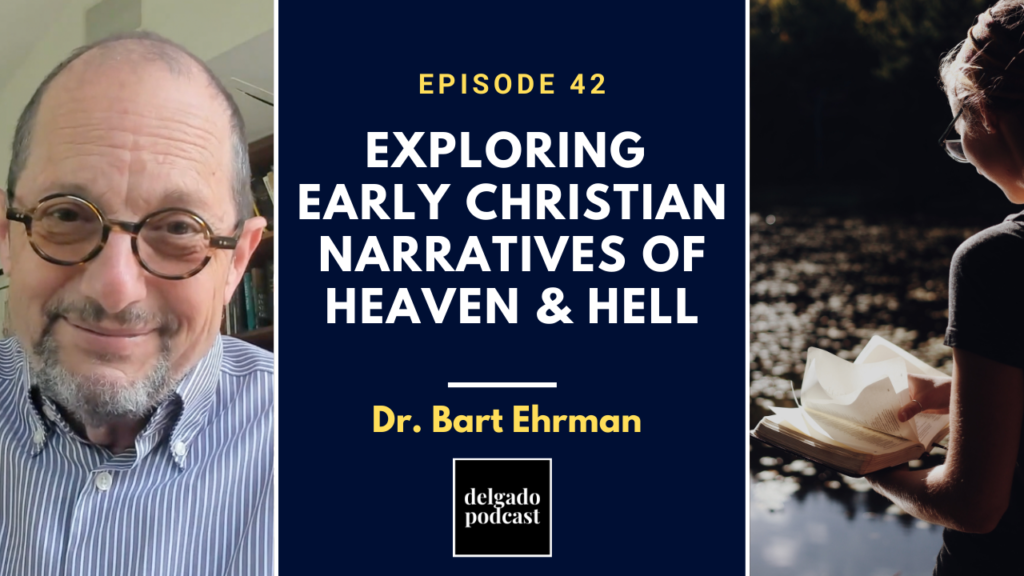
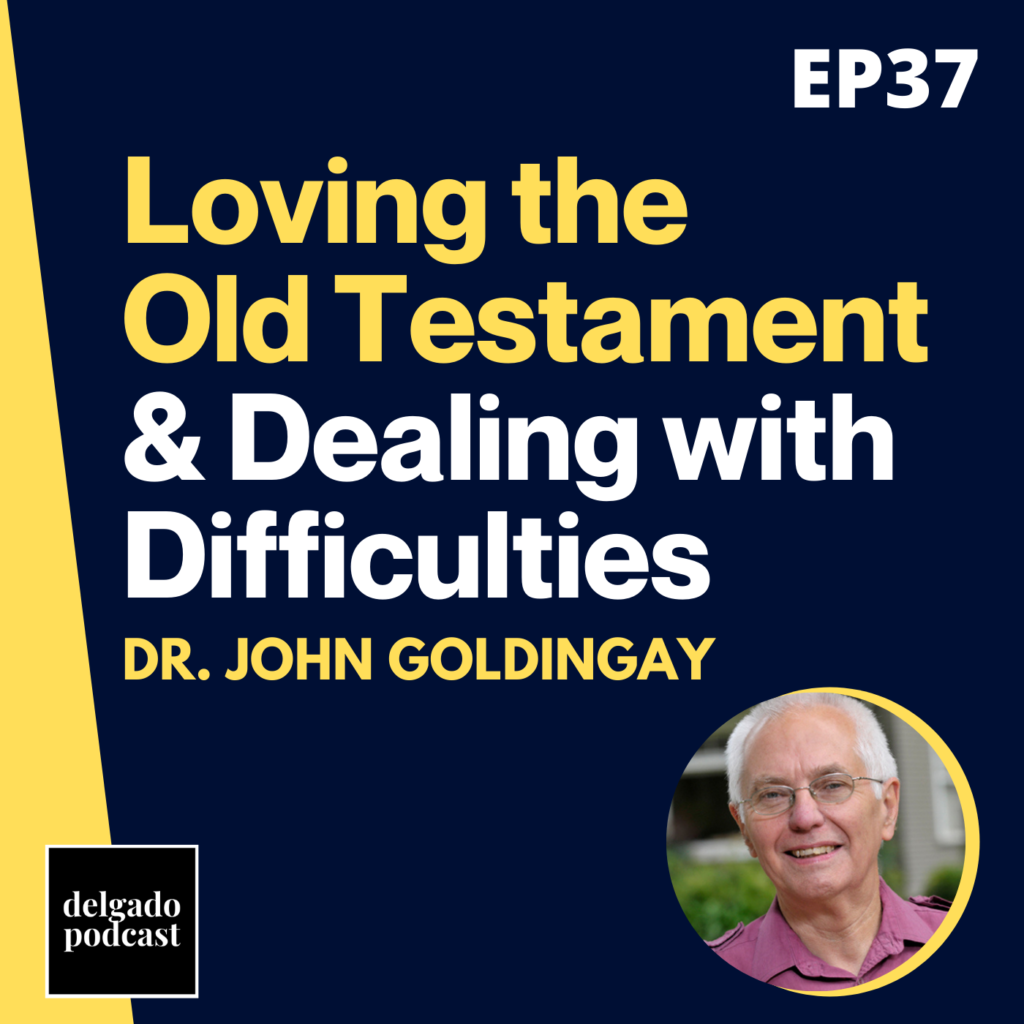
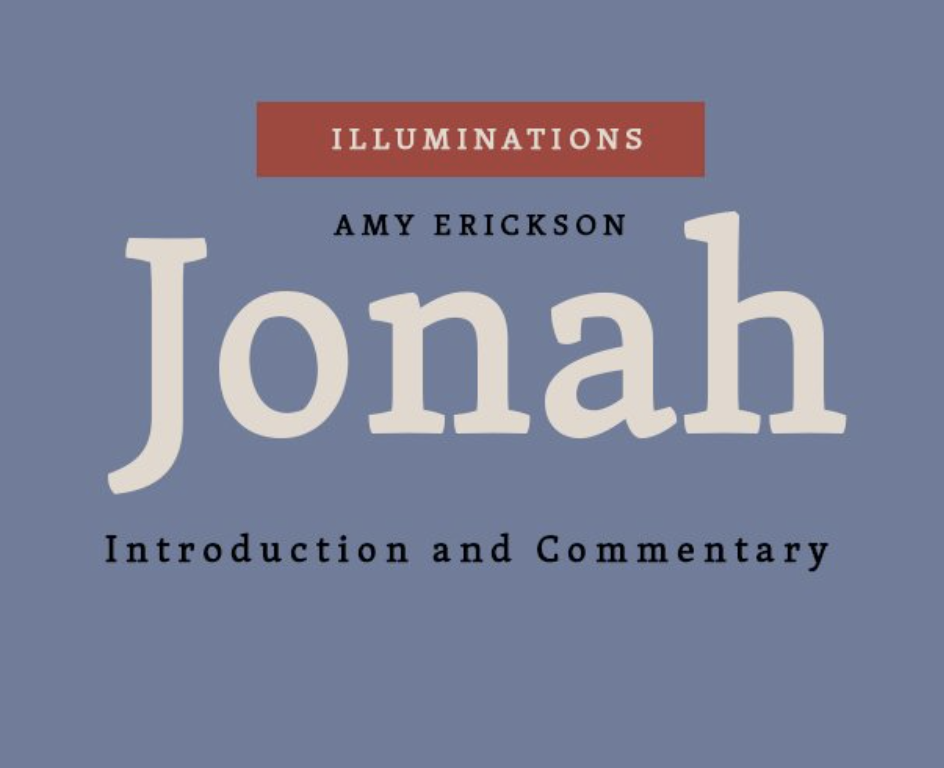
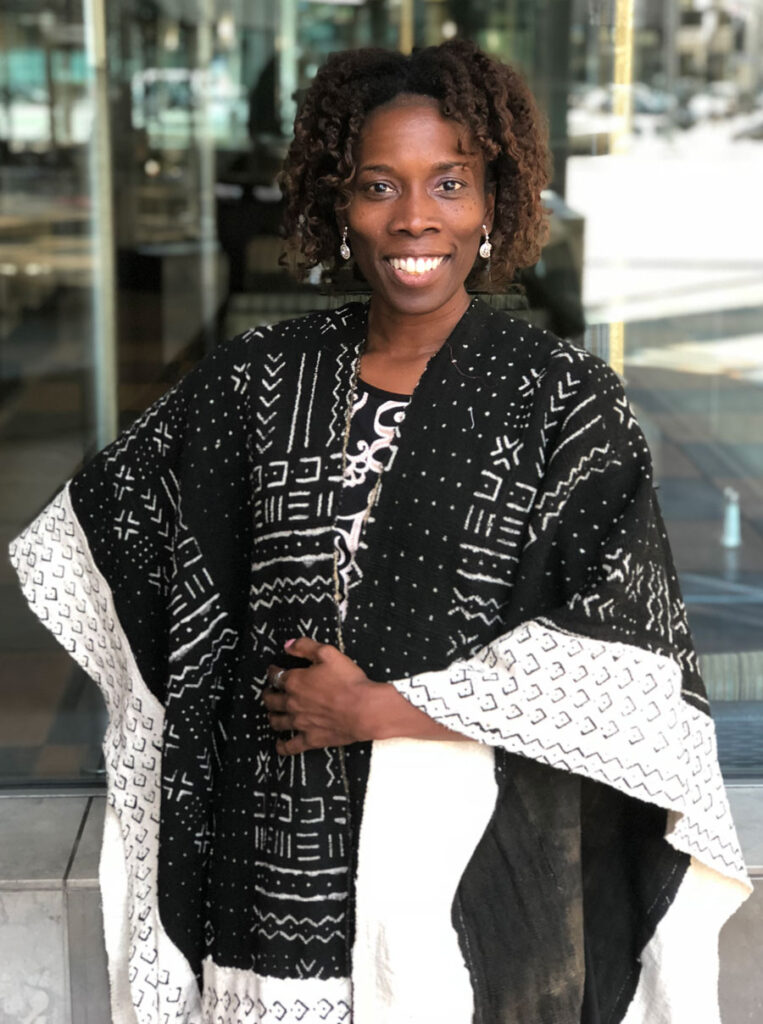 How we understand our Bible can depend on our cultural viewpoints, church traditions, theological background, and personal experiences.
How we understand our Bible can depend on our cultural viewpoints, church traditions, theological background, and personal experiences. Are you curious on how to better understand the Catholic epistles and ways the early church read them?
Are you curious on how to better understand the Catholic epistles and ways the early church read them?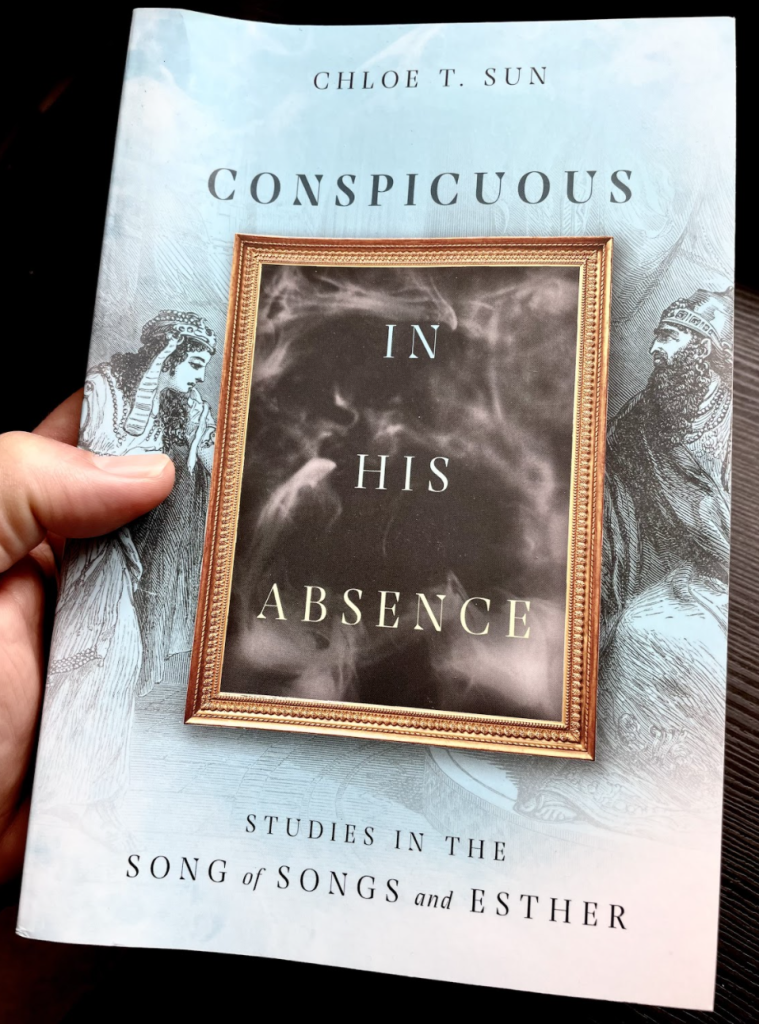 How do you handle those spiritual seasons when God doesn’t feel present in your life?
How do you handle those spiritual seasons when God doesn’t feel present in your life? We’re grateful for the opportunity to learn from
We’re grateful for the opportunity to learn from 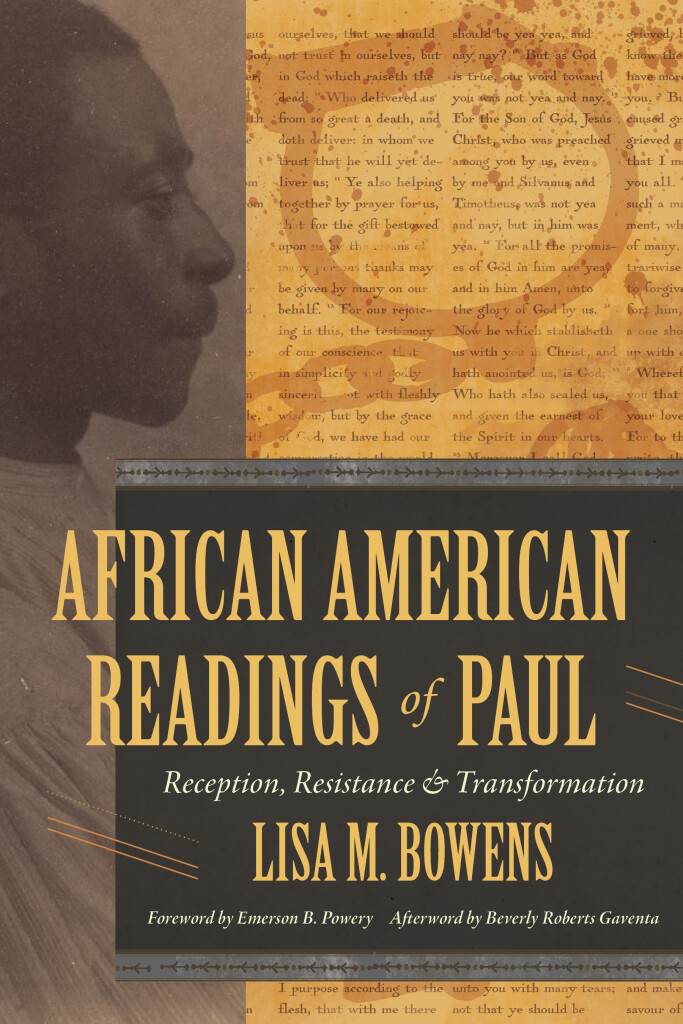 We’re honored to learn from Dr. Lisa M. Bowens about her new book “
We’re honored to learn from Dr. Lisa M. Bowens about her new book “
